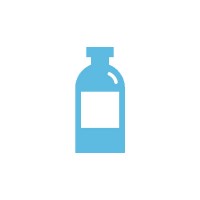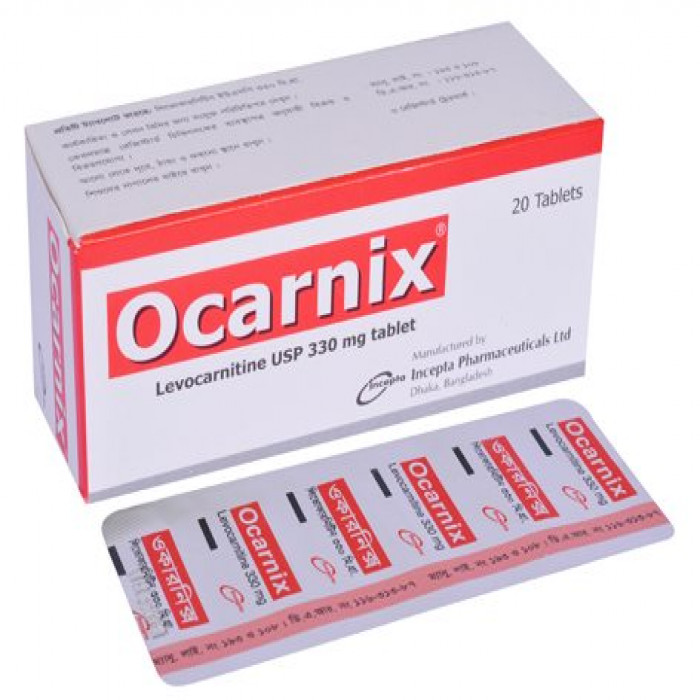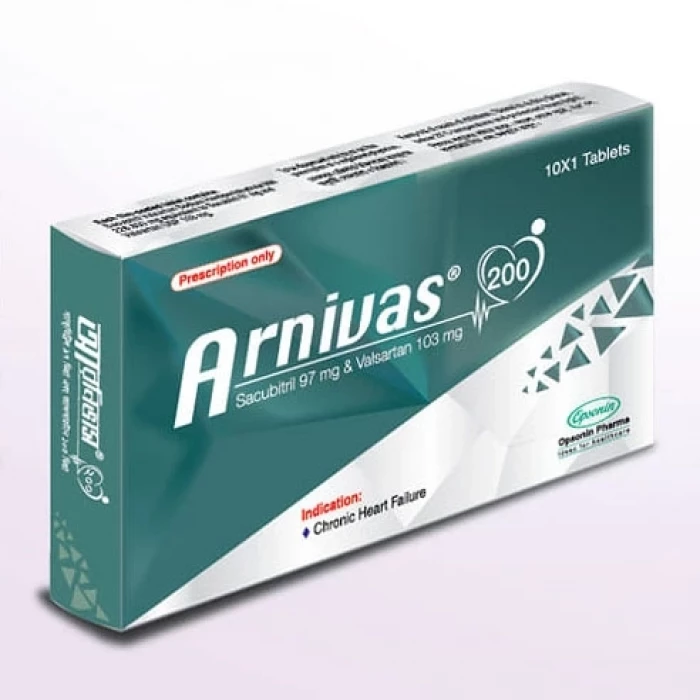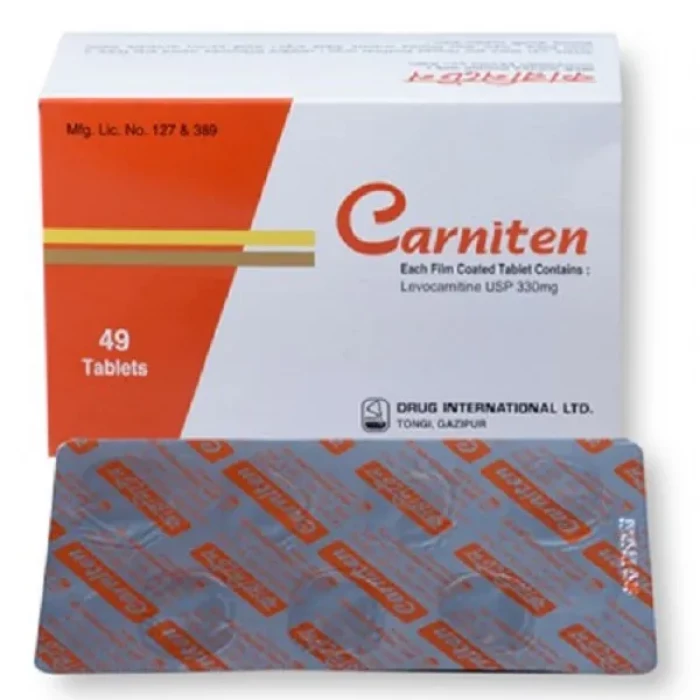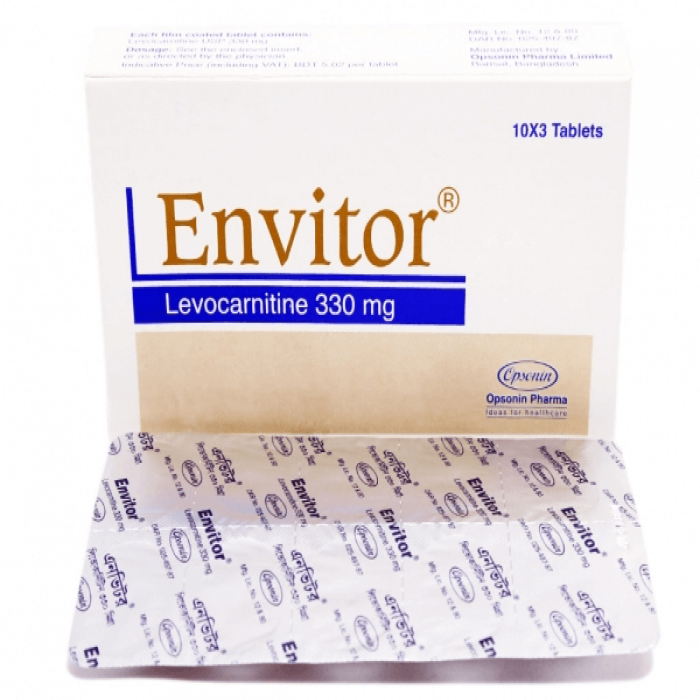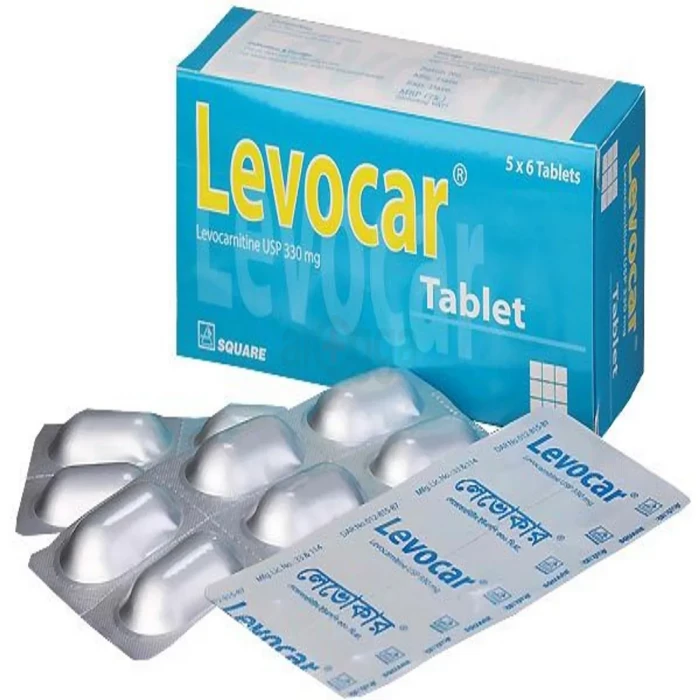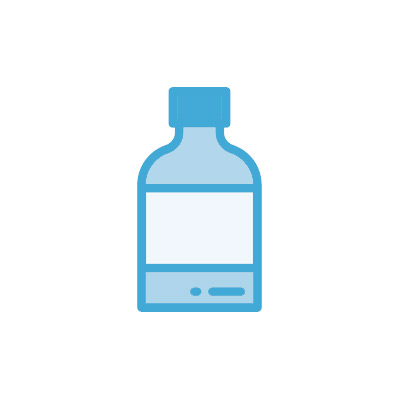
✔ 100% Authentic Product
👁️ Currently Viewing 2119
Discount
Price: ৳ 95
MRP:
৳
100
5%
Off

100% Genuine Products, Guaranteed

Safe & Secure Payments, Always

Fast, Secure & Efficient Delivery

Proper Packaging
 Cash on Delivery - All over Bangladesh
Cash on Delivery - All over Bangladesh Regular Delivery - 12-24 Hours, Dhaka City* Charge Tk.39-59
Regular Delivery - 12-24 Hours, Dhaka City* Charge Tk.39-59 Regular Delivery - 24-48 Hours, Other Cities* Charge Tk.99-110
Regular Delivery - 24-48 Hours, Other Cities* Charge Tk.99-110
🌙 রমযান অফার 🌙
 ফ্রি ডেলিভারিঃ - ৭৯৯ টাকা+ অর্ডারে, ঢাকা
শহরে
ফ্রি ডেলিভারিঃ - ৭৯৯ টাকা+ অর্ডারে, ঢাকা
শহরে ফ্রি ডেলিভারিঃ - ২৭৯৯ টাকা+ অর্ডারে, ঢাকার
বাহিরে
ফ্রি ডেলিভারিঃ - ২৭৯৯ টাকা+ অর্ডারে, ঢাকার
বাহিরে
📲 মোবাইল অ্যাপ অর্ডারে সাশ্রয় বেশী
-
Google Play Store থেকে ডাউনলোড
-
Apple Store থেকে ডাউনলোড
100% Genuine Products, Guaranteed
Safe & Secure Payments, Always
Fast, Secure & Efficient Delivery
Proper Packaging
 Cash on Delivery - All over Bangladesh
Cash on Delivery - All over Bangladesh Regular Delivery - 12-24 Hours, Dhaka City* Charge Tk.39-59
Regular Delivery - 12-24 Hours, Dhaka City* Charge Tk.39-59 Regular Delivery - 24-48 Hours, Other Cities* Charge Tk.99-110
Regular Delivery - 24-48 Hours, Other Cities* Charge Tk.99-110 ফ্রি ডেলিভারিঃ - ৭৯৯ টাকা+ অর্ডারে, ঢাকা
শহরে
ফ্রি ডেলিভারিঃ - ৭৯৯ টাকা+ অর্ডারে, ঢাকা
শহরে ফ্রি ডেলিভারিঃ - ২৭৯৯ টাকা+ অর্ডারে, ঢাকার
বাহিরে
ফ্রি ডেলিভারিঃ - ২৭৯৯ টাকা+ অর্ডারে, ঢাকার
বাহিরে- Google Play Store থেকে ডাউনলোড
- Apple Store থেকে ডাউনলোড
🌙 রমযান অফার 🌙
📲 মোবাইল অ্যাপ অর্ডারে সাশ্রয় বেশী
✅ Description:
Lenit belongs to a class of medications called amino acids. It is used in the treatment of carnitine deficiency. It helps the body produce energy and improve the efficiency of body function. Lenit should be taken with food and it should be chewed thoroughly before swallowing. Take it in the dose and duration as advised by your doctor. Do not start or stop taking this medicine without a doctor's prescription. Lenit is usually a safe medicine, however, it may cause nausea and vomiting. Your doctor may suggest you to monitor your blood glucose levels regularly while you are taking the medicine. Before starting the medicine, inform your doctor if you have any other medical conditions or are taking any other medications. Patients with severe kidney disease should not take this medicine unless prescribed by the doctor.
Uses of Lenit
- Carnitine deficiency
Side effects of Lenit
Common
- Vomiting
- Nausea
How to use Lenit
Take this medicine in the dose and duration as advised by your doctor. Swallow it as a whole. Do not chew, crush or break it. Lenit is to be taken with food.
How Lenit works
Levocarnitine belongs to the class of medications called as amino acid derivative. It works by improving the low levels of carnitine in the body.
Quick Tips
- It is given as a slow injection into veins under the supervision of a doctor.
- Monitor your blood glucose levels regularly during levocarnitine treatment.
- Tell your doctor if you are pregnant, planning to become pregnant or are breastfeeding.

Brief Description
Indication
Congestive heart failure, Diabetic nephropathy, Intermittent claudication, Kidney disease, Chronic Fatigue Syndrome, Heart Diseases, High Cholesterol, Dementia and Memory impairment, Down Syndrome, Male infertility
Administration
Consume oral solution slowly, may be mixed with drinks and space doses evenly throughout the day (q3-4hr) preferably during or after meals (may decrease GI distress)
Adult Dose
Adults: Tablet: 330 mg two or three times daily.
Child Dose
Infants and children: 50 to 100 mg/kg/day in divided doses, with a maximum of 3 g/day. Dosage should begin at 50 mg/kg/day. The exact dosage will depend on clinical response.
Contraindication
Hypersensitivity.
Mode of Action
Quaternary ammonium compound found in all mammalian tissue (particularly striated muscle). Important for lipid catabolism; essential for FFA transport from cytosol to mitochondria where they are oxidized.
Precaution
Gastrointestinal reactions may result from a too rapid consumption of Levocarnitine. The safety and efficacy of oral levocarnitine has not been evaluated in patients with renal insufficiency. Chronic administration of high doses of oral levocarnitine in patients with severely compromised renal function or in ESRD patients on dialysis may result in accumulation of the potentially toxic metabolites, trimethylamine (TMA) and trimethylamine-N-oxide (TMAO), since these metabolites are normally excreted in the urine
Side Effect
Generally Levocarnitine is well tolerated. However, few side effects including transient nausea and vomiting, abdominal cramps, and diarrhoea may occur
⚠️Disclaimer:
At ePharma, we’re committed to providing accurate and accessible health information. However, all content is intended for informational purposes only and should not replace medical advice from a qualified physician. Please consult your healthcare provider for personalized guidance. We aim to support, not substitute, the doctor-patient relationship.




